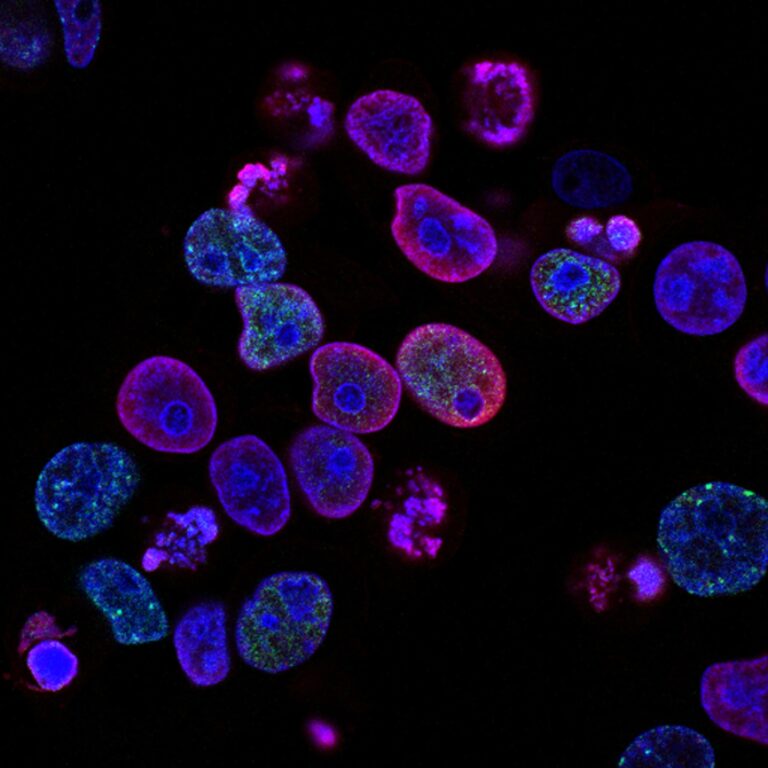Dementia is a progressive neurological disorder characterized by a decline in cognitive function, memory, and the ability to perform everyday activities. Alzheimer’s disease is the most common form of dementia, accounting for 60-80% of all cases. Given the growing prevalence of dementia globally, researchers have been striving to identify effective treatments and preventative measures. One area of interest has been the potential role of serine supplements in mitigating dementia symptoms or slowing its progression. This article will delve into the current research on serine supplementation, explore its potential benefits, and weigh the evidence to determine whether serine supplements may be a viable option for dementia patients.

Background on Serine
Although serine can be synthesized by the body, dietary intake of serine-rich foods or supplementation may be necessary to maintain optimal levels. Some studies have suggested that serine supplementation may have potential benefits for cognitive health, particularly for individuals with dementia or other cognitive impairments.
Potential Mechanisms of Action
Various mechanisms have been proposed to explain how serine supplementation might exert positive effects on cognitive function in dementia patients:
- Neurotransmitter production: Serine is a precursor for the synthesis of neurotransmitters such as dopamine, serotonin, and norepinephrine, which are essential for normal brain function. By increasing the availability of these neurotransmitters, serine supplementation could potentially improve cognitive performance and alleviate some dementia symptoms.
- Phosphatidylserine synthesis: Phosphatidylserine is a phospholipid that plays an essential role in maintaining cell membrane integrity and function. Research has shown that phosphatidylserine supplementation can improve cognitive performance in older adults, and serine serves as a precursor for phosphatidylserine synthesis.
- Anti-inflammatory effects: Chronic inflammation has been implicated in the pathogenesis of neurodegenerative diseases, including Alzheimer’s disease. Some evidence suggests that serine may have anti-inflammatory properties, which could potentially slow the progression of dementia.
Current Research on Serine Supplementation and Dementia
Although several studies have explored the effects of serine supplementation on cognitive function, the evidence remains inconclusive. Some studies have reported improvements in memory, attention, and other cognitive domains, while others have found no significant effects.
A 2011 study published in “Neuropsychiatric Disease and Treatment” found that phosphatidylserine supplementation, which includes serine as a precursor, improved memory and cognitive performance in older adults with mild cognitive impairment. However, this study focused on phosphatidylserine rather than serine supplementation directly.
Another study published in “The American Journal of Clinical Nutrition” in 2012 found that higher dietary intakes of serine were associated with a reduced risk of Alzheimer’s disease. This observational study suggests a potential link between serine intake and cognitive health, but it does not establish a causal relationship.
More research is needed to determine the efficacy of serine supplementation in improving cognitive function in dementia patients or slowing disease progression. Large-scale, well-designed clinical trials are required to provide more definitive answers.
Safety and Side Effects of Serine Supplementation
Serine supplementation is generally considered safe when taken in appropriate doses. However, potential side effects may include gastrointestinal issues, such as nausea or diarrhea, particularly when taken in high doses. Individuals with kidney or liver disease should consult their healthcare provider before taking serine supplements, as these conditions may affect the body’s ability to metabolize and excrete amino acids.
It is essential to note that serine supplements should not be viewed as a standalone treatment for dementia. Rather, if proven effective, they could potentially be used as a complementary approach in conjunction with other treatments and lifestyle interventions.
Lifestyle Factors and Dementia Prevention
While the efficacy of serine supplementation for dementia remains uncertain, there is a growing body of evidence supporting the importance of adopting a healthy lifestyle to reduce the risk of cognitive decline and dementia. Some key lifestyle factors that may help protect against dementia include:
- Diet: A balanced, nutrient-rich diet, such as the Mediterranean or DASH (Dietary Approaches to Stop Hypertension) diets, has been associated with a lower risk of cognitive decline and Alzheimer’s disease. These diets emphasize whole grains, fruits, vegetables, legumes, fish, and healthy fats, while limiting red meat, saturated fats, and added sugars.
- Physical activity: Engaging in regular physical exercise, such as brisk walking, swimming, or strength training, has been shown to improve cognitive function and reduce the risk of dementia. Aim for at least 150 minutes of moderate-intensity aerobic activity or 75 minutes of vigorous-intensity activity per week, along with muscle-strengthening activities on two or more days per week.
- Cognitive stimulation: Participating in mentally stimulating activities, such as reading, solving puzzles, or learning new skills, may help maintain cognitive function and reduce the risk of dementia.
- Social engagement: Staying socially active and maintaining strong relationships with friends and family may help support brain health and reduce the risk of cognitive decline.
- Sleep: Prioritizing good sleep hygiene, including establishing a consistent sleep schedule and creating a relaxing bedtime environment, can promote brain health and overall well-being.
- Stress management: Chronic stress has been linked to cognitive decline and an increased risk of dementia. Implementing stress management techniques, such as meditation, deep breathing exercises, or yoga, may help protect brain health.
The question of whether serine supplements work for dementia remains a topic of ongoing research. While some studies suggest potential benefits, the evidence is not yet conclusive. Further research, particularly large-scale, well-designed clinical trials, is needed to determine the efficacy of serine supplementation in the context of dementia.
In the meantime, it is essential to focus on maintaining a healthy lifestyle, including a balanced diet, regular physical activity, mental stimulation, social engagement, and proper sleep, to support brain health and potentially reduce the risk of dementia. As always, consult with a healthcare professional before starting any new supplement or treatment regimen, particularly if you have pre-existing health conditions or concerns.





